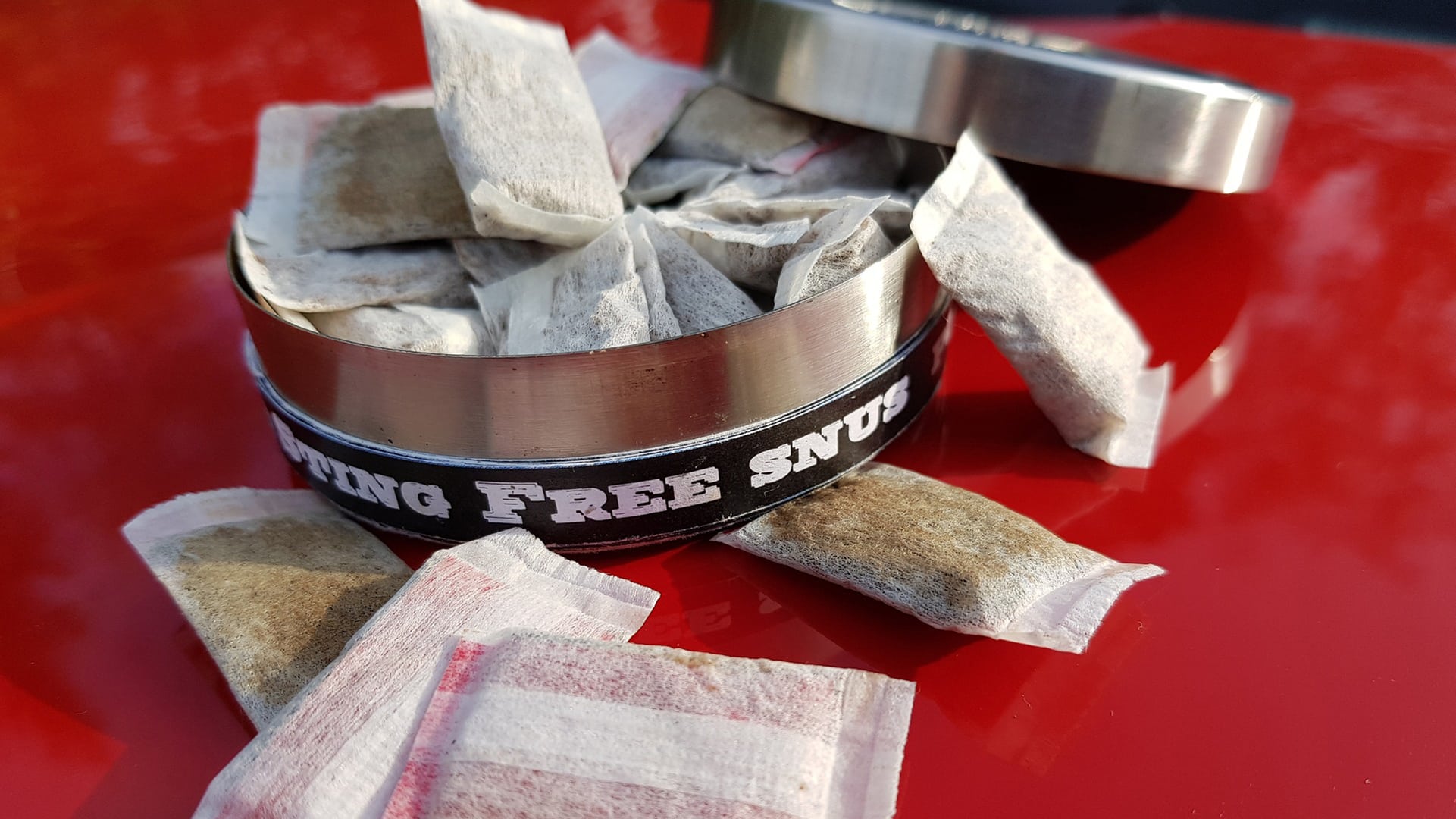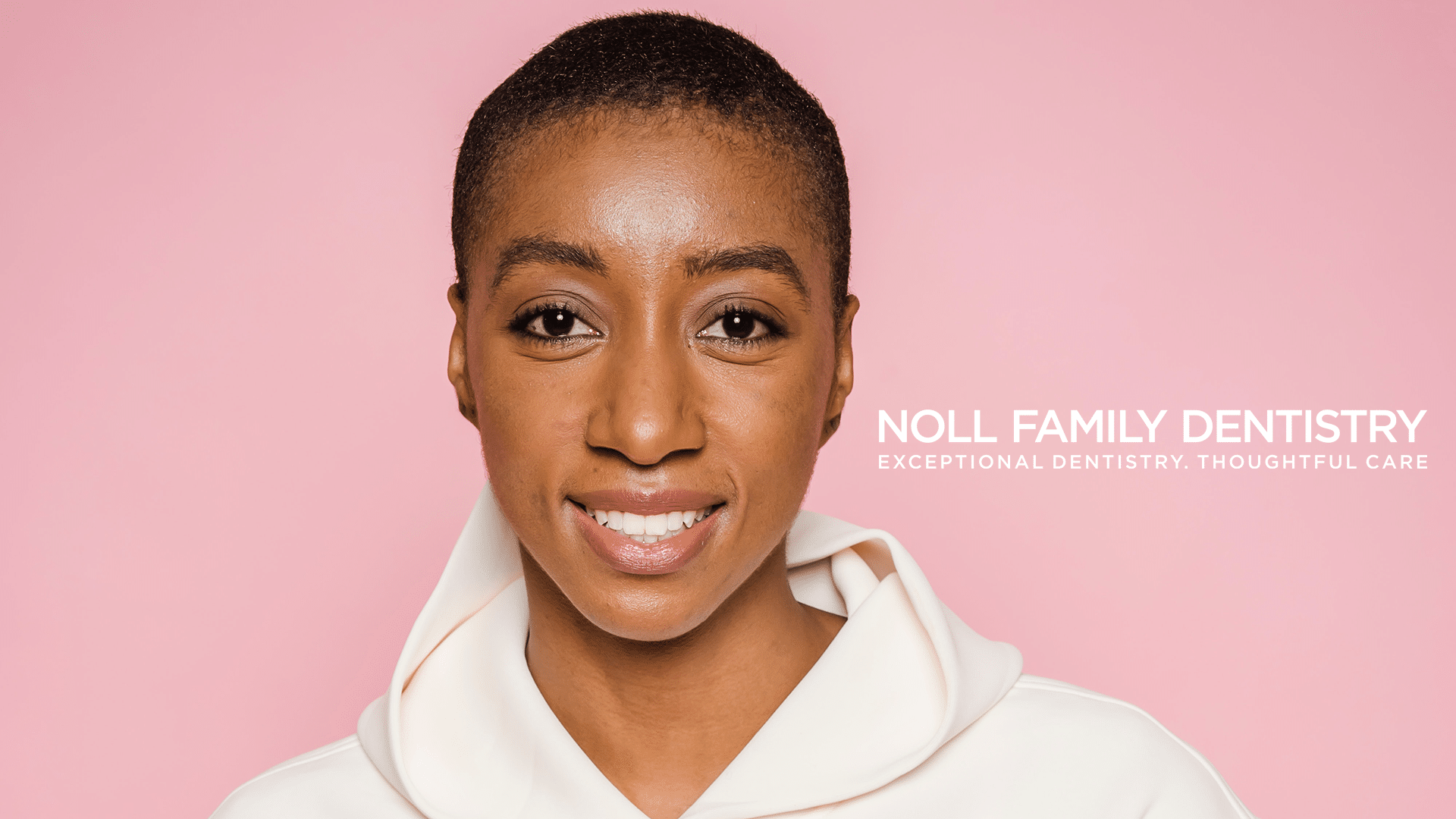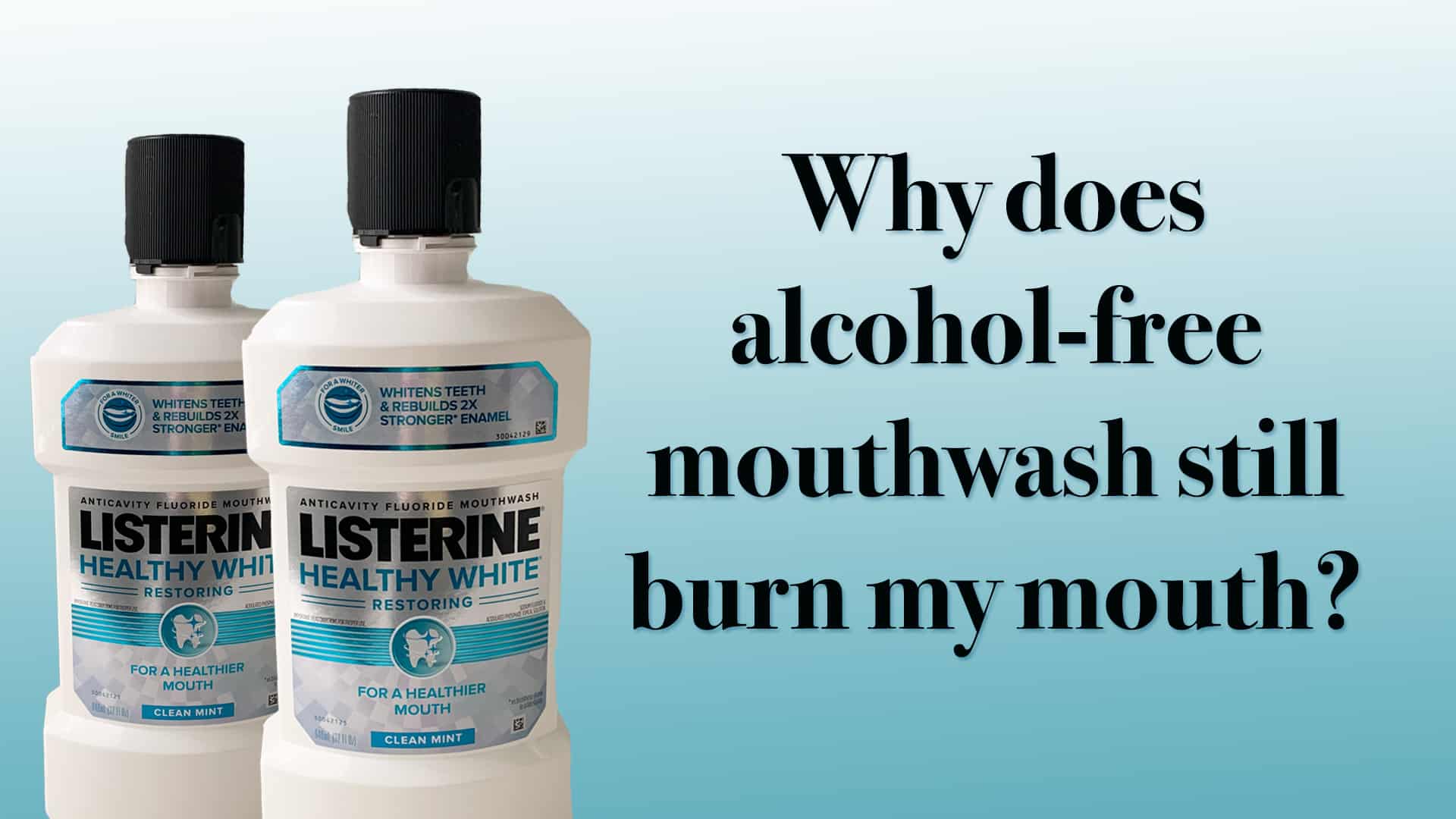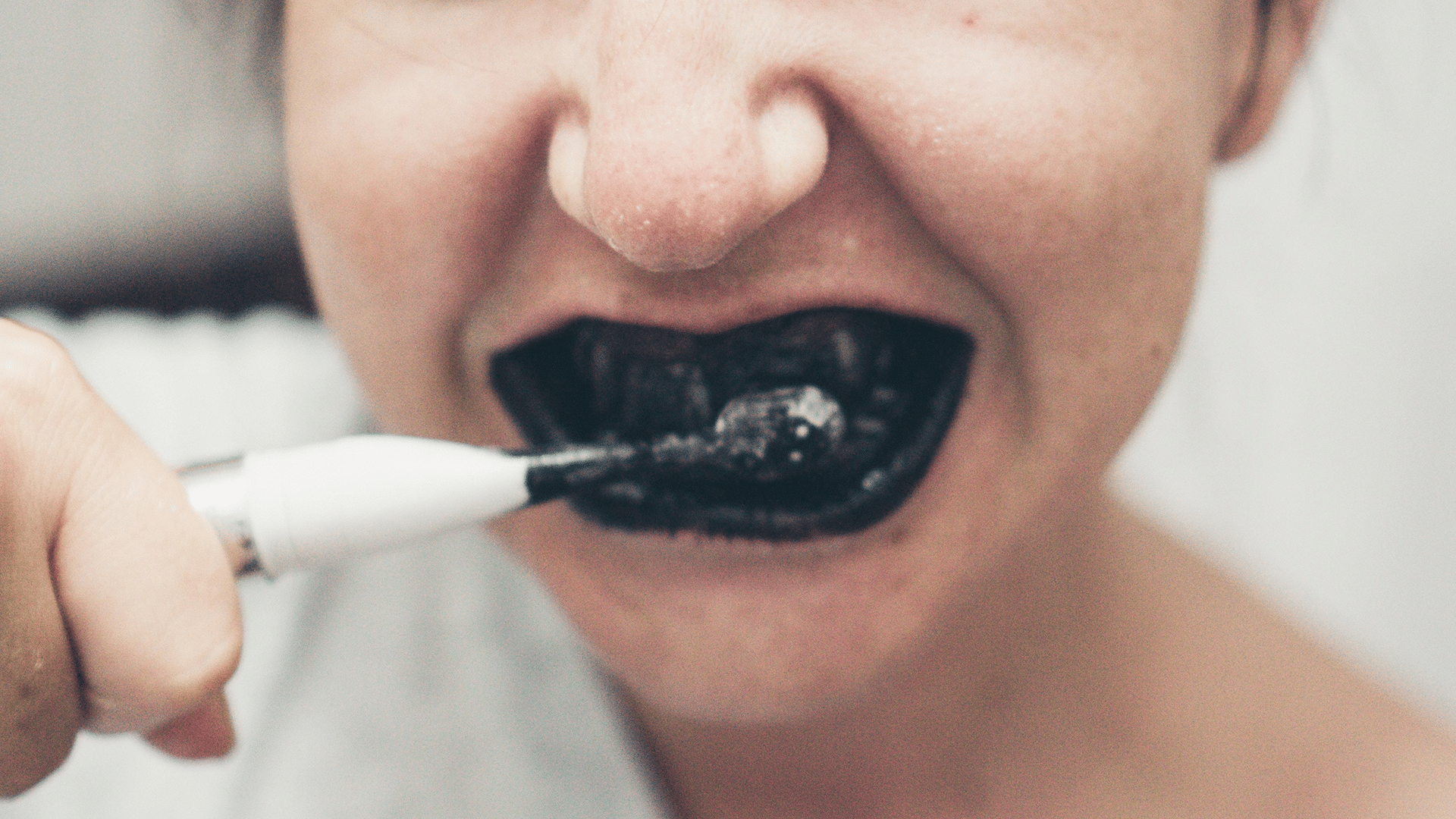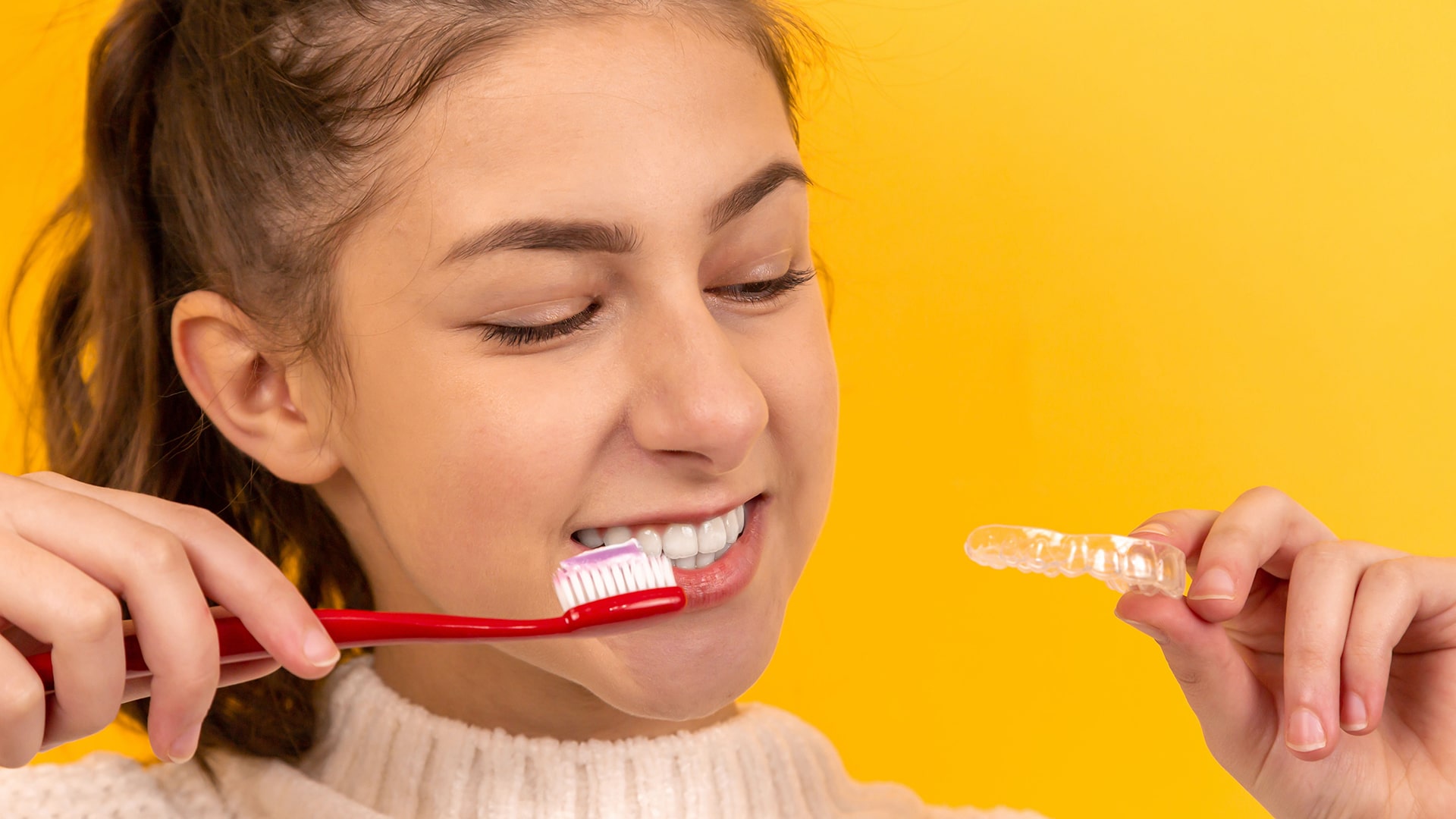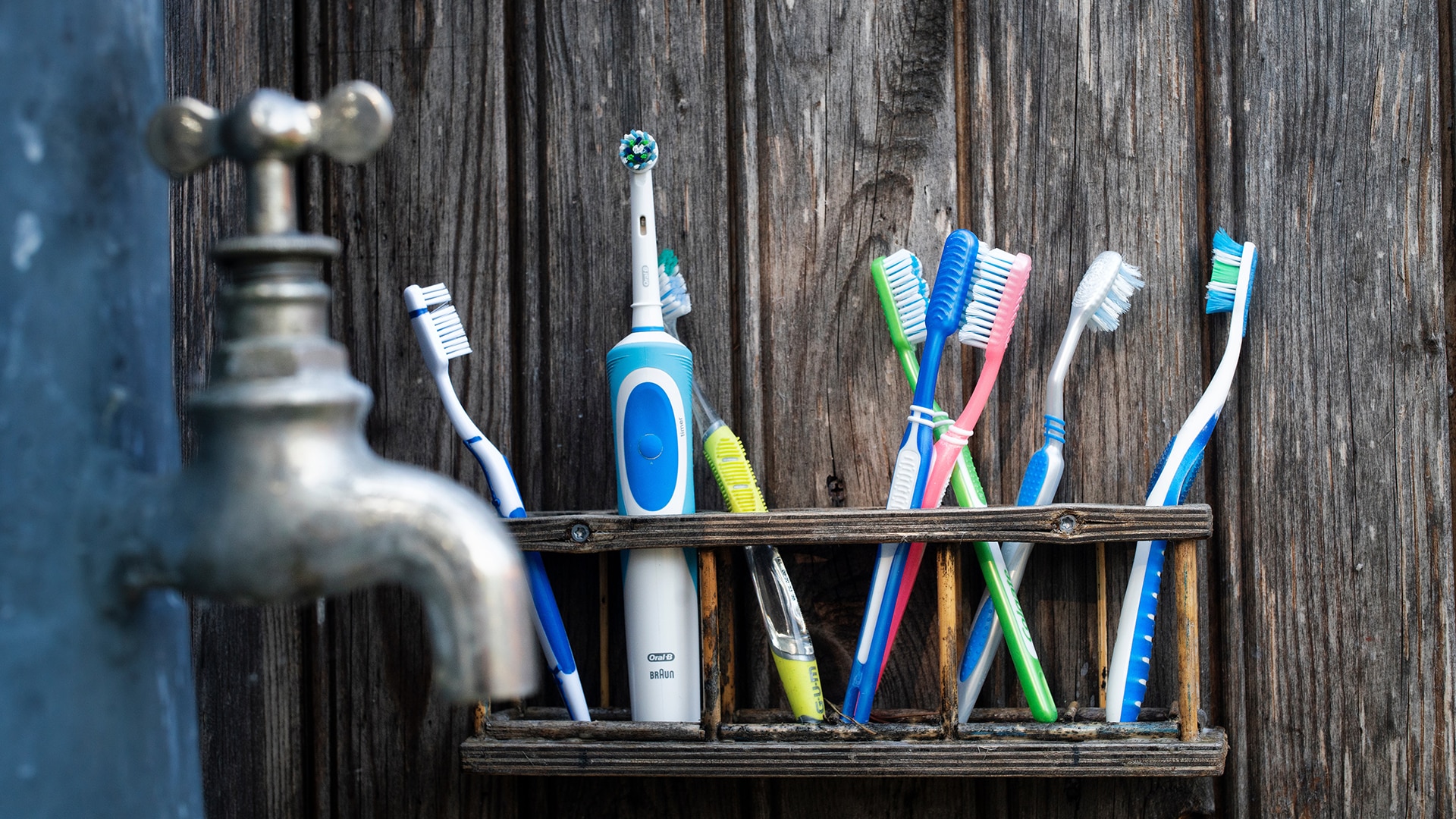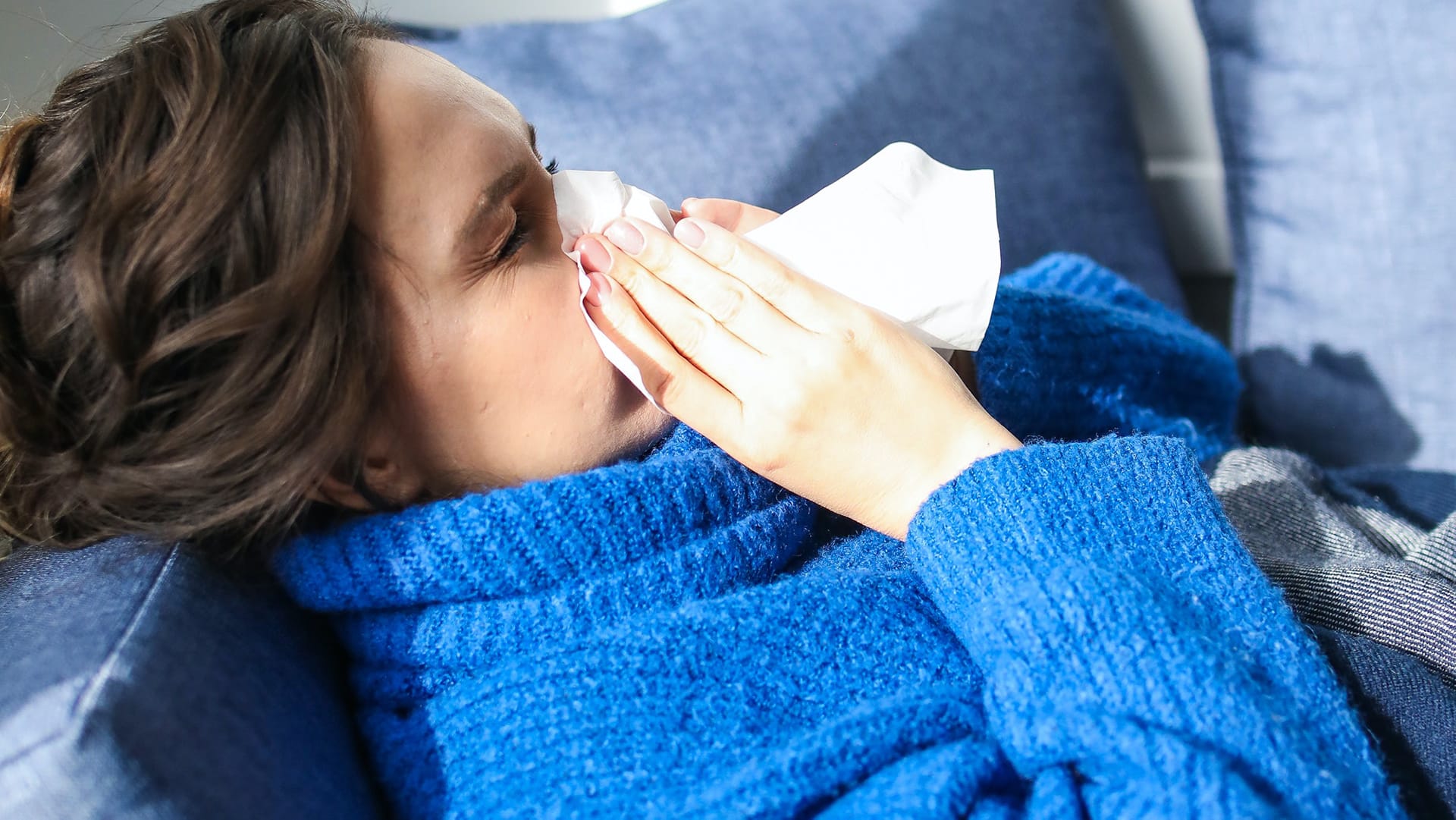There is no such thing as a harmless tobacco product. Smokeless Tobacco can cause serious health problems. Just because you are not smoking it, doesn’t mean it can’t be harmful. Many types of cancers, as well as your teeth and overall oral health, are certainly not safe from the adverse effects of tobacco products.
Types Of Smokeless Tobacco Products
- Chewing Tobacco – This involves products that come in the form of dried and usually flavored tobacco which the user chews on or let’s sit in their mouth. Most of the time the user spits out the tobacco juices as nicotine gets absorbed through the tissues of their mouth.
- Snuff – Snuff is tobacco that has been finely grounded and placed in a can or pouch. It is usually placed in one’s mouth if moist or inhaled if dry.
- Snus – A type of moist snuff which originated in Sweden. Instead of being in a loose container like snuff can be, it is held in small tea-bag-like pouches which are placed into a user’s mouth. It is usually seen as a more discrete version of tobacco use than most other types because the need to spit is not as present.
- Dissolvable Tobacco- There are many kinds of dissolvable types of tobacco products that are candy-like, being able to be held in one’s mouth, sucked on, and/or chewed on until dissolved.
- Heated Tobacco Products – These products include sticks, capsules, and plugs containing tobacco which operate through a heating mechanism. The heating of these devices causes a release of nicotine and other substances within the tobacco into the user’s lungs.
What Type Of Health Risks Are Associated With Smokeless Tobacco?
Dental Disease – Smokeless tobacco can have nasty effects on your oral health especially. Cavity-causing sugars and irritants are usually contained in these products. These and the other flecks that make up the products can cause a variety of problems:
- Gum Disease
- Gum Recession
- Bone Recession
- Bad Breath
- Teeth-Staining
- Tooth Loss
Cancer – Though not directly linked to lung cancer, smokeless tobacco is certainly linked to be a cause of other types of cancers. These include mouth cancer, throat cancer, and pancreas cancer. Smokeless tobacco also can cause leukoplakia patches which are white, blotchy patches which have a high potential to cause cancer.
Addiction – Just like their smoking counterparts, smokeless tobacco products are highly addictive due to their nicotine content. There is no disparity between the amount of nicotine that can enter one’s system and the type of tobacco product used.
Other Types of Risks:
- Increased probability of death from stroke and heart disease
- Risk of early delivery and stillbirth for pregnant women who use
- Poisoning risk in children → The fragrance and appearance of certain tobaccoless products may make them be susceptible to children. When eaten by children, nicotine poisoning can cause a variety of complications including the chance of death.
Conclusion
As you can see, smokeless tobacco products are just about as bad for you as smoking tobacco products. The harm tobacco products can do extends much farther than just your dental health. Your best course of action is to avoid these types of products altogether. If you need help quitting, do not be afraid to reach out to your doctor to see what they can do to assist you. We are here to help you receive the best dental health, whether you are a smoker or not.

